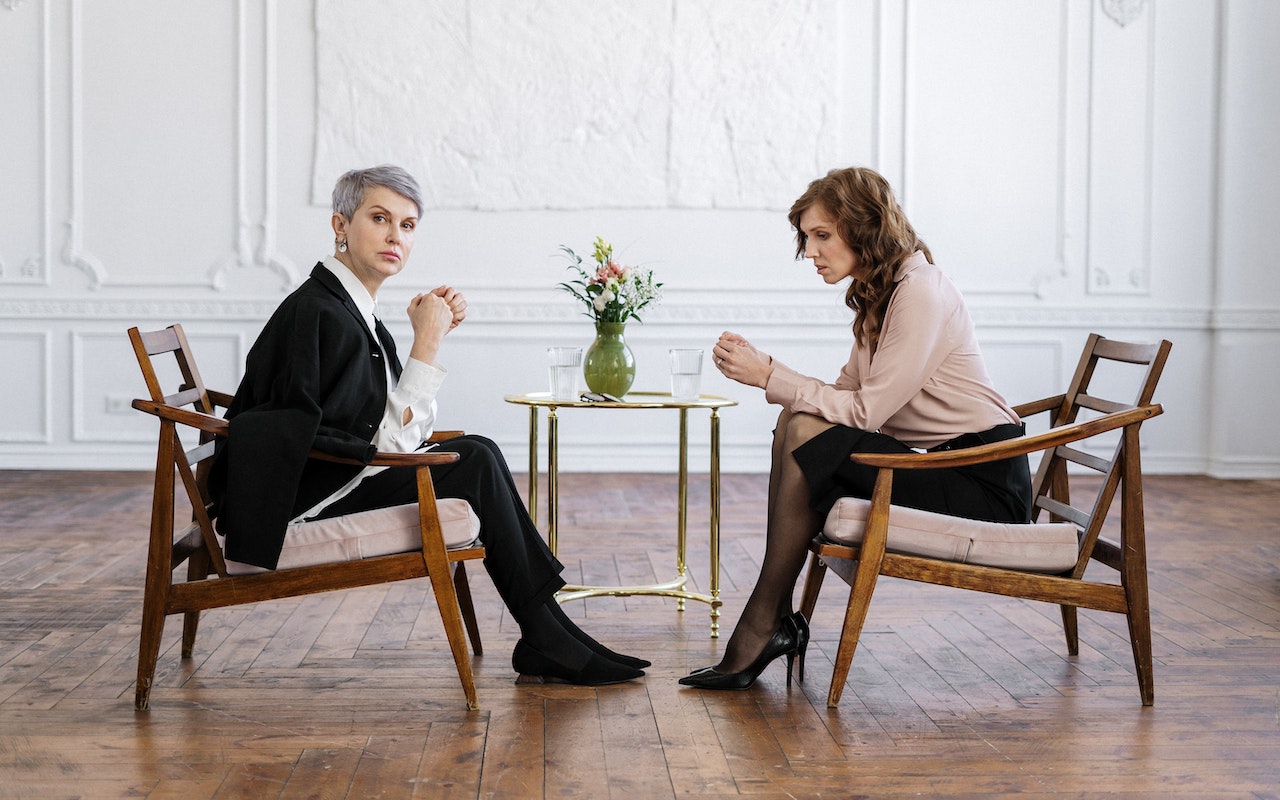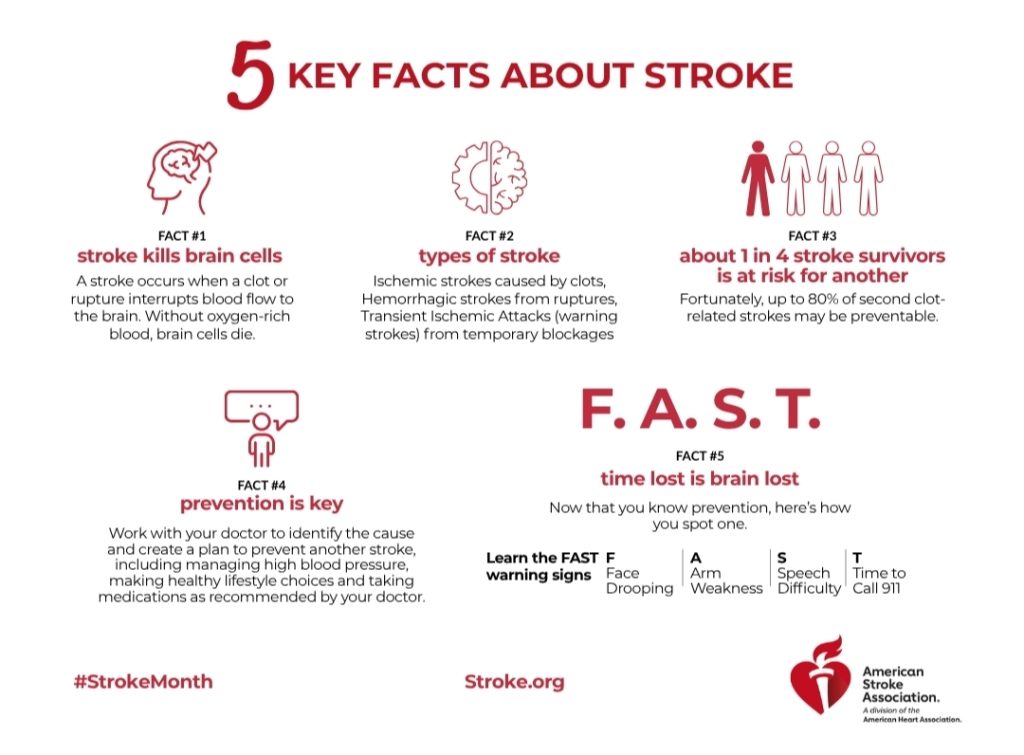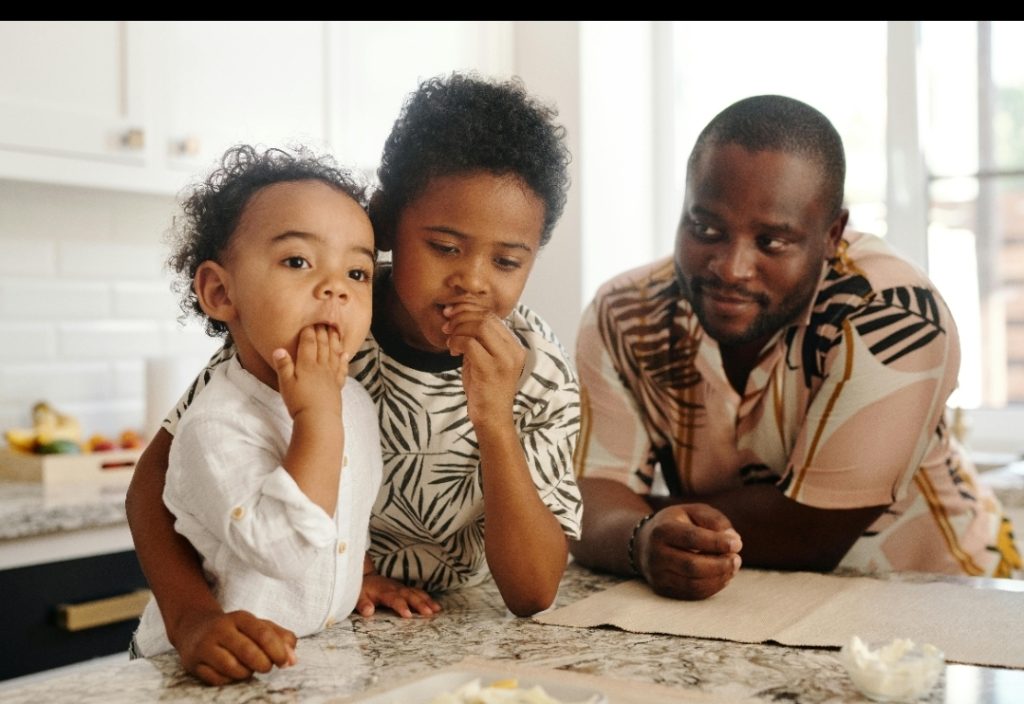My Her Nexx Chapter blog on Gaslighting gave readers information on toxic relationships designed to undermine peoples’ confidence and self-assurance. Methods of identifying and escaping were explained.
But there’s another type of unhealthy relationship that shouldn’t be as devastating or harmful as gaslighting, probably because the players are friends and don’t live together, and we need to realize sometimes these relationships are unacceptable and should be stopped.
This is known as a toxic friendship or relationship. The fine line between productive criticism and harmful observations brings a level of difficulty to many who need time to process the problem. Someone may say simply, “That blouse would look better with a scarf,” or be more hurtfully direct by stating, “That blouse really doesn’t suit your coloring.” Once in a while, these remarks can be benign and often presented with the best of intentions. Perhaps they are not necessary, but they might also be helpful for one to see, for example, her wardrobe in a different light.
Or maybe someone makes fun of a gift you’ve given her/him. In my case, it was tea towels, but they were very special. “Tea towels! Like I need any of those!” And then two years later I receive a set of tea towels from this person, and they are plain with nothing special about them. That’s not nice. Neither is saying, “Oh, your gift is in my car so go and get it,” and have it just sitting on the seat, not even in a bag. These may be little things, but they can create more intense interactions that just add up to nastiness.
An important beginning if one hasn’t subscribed to this mindset up to now involves honoring your own needs as you realize and feed your own emotional well-being. A toxic relationship undermines these principles and individuals need to be true to themselves. The toxic friend will discount what you feel is important, will be inconsiderate of your needs and what is said to you, and will give you a feeling of lesser value. Maybe your car is in the shop, and you need a ride to a shared activity. If you would provide one without question while the other person flat out refuses for no good reason, the relationship isn’t mutually fulfilling. Perhaps it’s time to stop giving and not receiving. Or offering to loan a friend something that is very nice and having the toxic friend say, “No, she won’t want that. I’ll loan her mine because it’s really nice.” Ouch.
One example is chastising someone who is feeling sad because a friend’s mother died, or someone has lost a job. I personally get upset when my friends have bad things happen and someone telling me I’m wrong about those feelings will only make everything worse. A good friend listens when you have a problem and doesn’t tell you what you “have to do.” If you ask for advice, a good friend will speak in “I” statements and explain how he or she would (or perhaps did in the past) handle a similar life event. A toxic friend will immediately give advice and be forceful which is unhelpful in so many ways. Even when I know “the answer,” I don’t say, “This is what you do.” Instead, I might say, “When that happened to me, this is what I did.”
While one friendship may be toxic, hopefully, everyone has one or more that are genuine. Comparing healthy feelings and interactions with questionable friendships should give a clear indication if one is toxic. True friends will listen when you speak and not be judgmental; toxic friends will discount what you say or even state you are wrong when you know the facts and you’re right.
Suraji Wagage, Ph.D., licensed clinical psychologist and co-founder and director of the Center for Cognitive Behavioral Therapy and Mindfulness explains, “Healthy friendships are reciprocal: You each enrich the other person’s life and you come away from interactions feeling understood and even restored and revitalized.”
Determining if you are indeed a part of a toxic relationship can be complicated; you need to consider if you are misinterpreting the situation. Thus, the brunt of a toxic personality may not be simple. Talking to true friends or a mental health professional could help someone become clearer on one’s true feelings and might lead to ways of protecting oneself. “Counselors can also help mediate a conversation between you and a toxic friend, if that would make you feel more comfortable,” says Paul Hokemeyer, Ph.D., licensed marriage and family therapist and author of Fragile Power.
When you decide you’re in a toxic relationship and want to end the friendship, hopefully, the person will step back as you cease any contact and refuse to be pulled into the fire. But it might be difficult. The simplest way could be when it’s time to let go to say, “This isn’t working for me so just let me say ‘goodbye.'”
But no one is obligated to explain why he or she has determined the relationship is toxic and must end. Possibly not contacting the person will just end any interaction. Or perhaps one can be gentle and say, “I really can’t talk about this right now.” Putting blame on the toxic friend won’t help and, if possible, it’s best just to clearly state where you think this friendship is going – basically nowhere.
If this works, it can be a relief as one moves on with life. Perhaps some stronger words will be necessary or just complete silence on your end if you can avoid the person physically so there are no phone conversations, text messages, or emails.
Once someone has been successful in ending a toxic relationship, it will be easier to recognize when another one comes along and, hopefully, you can nip that new one in the bud. But please don’t let people put you down and make unreasonable demands on your life. Look for the tools to enjoy strong friendships and notice when one is going south. Remember, you deserve the best.
Her Nexx Chapter invites you to join our free Community where women from around the world are connecting with each other’s stories, exploring different experiences, and transforming ideas.
The Future of Connection for Women








0 Comments